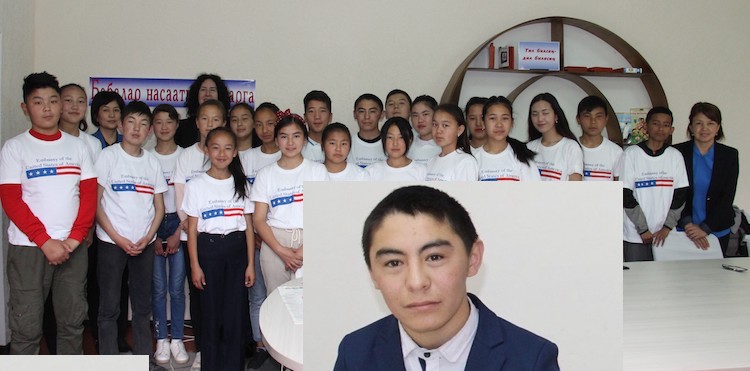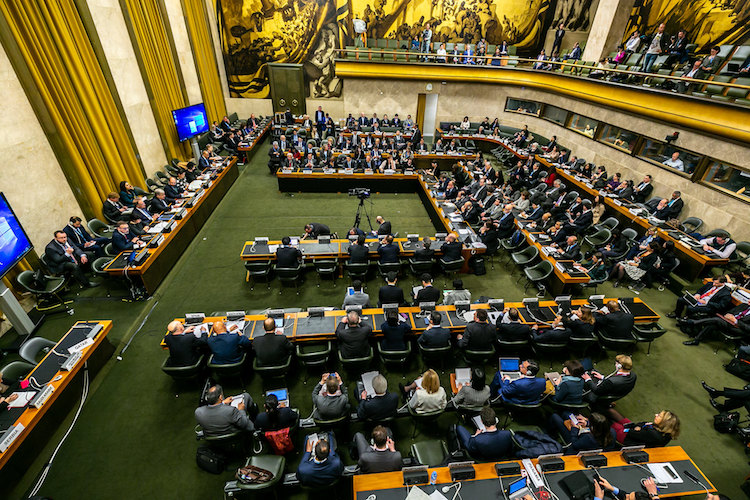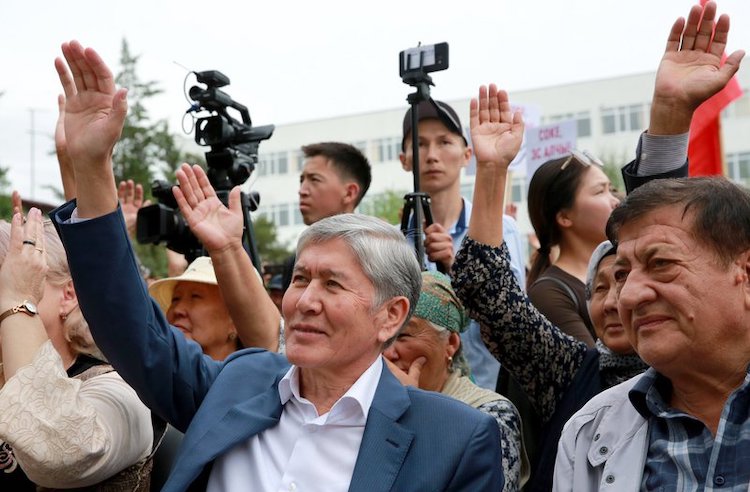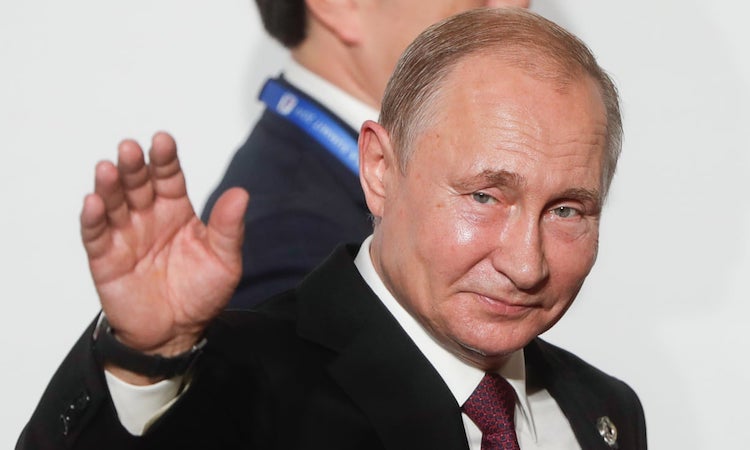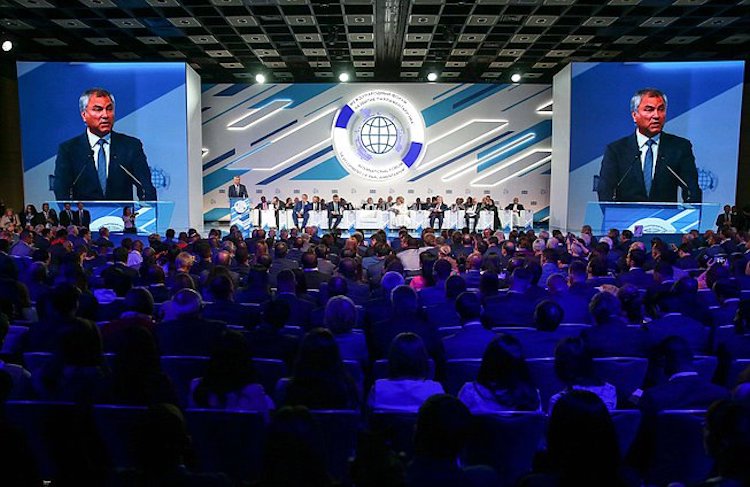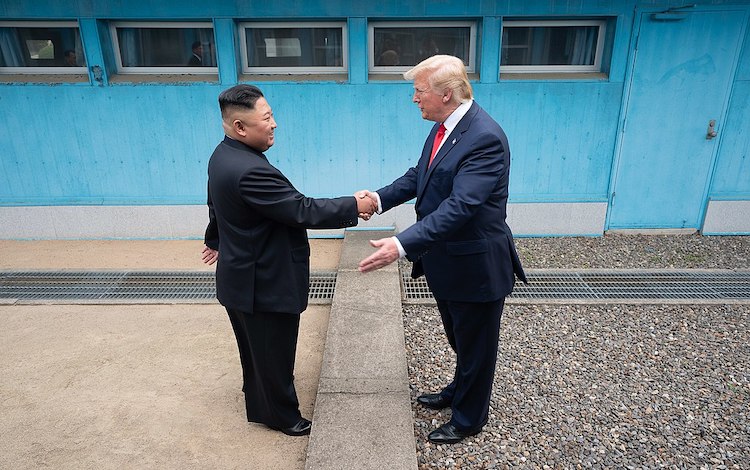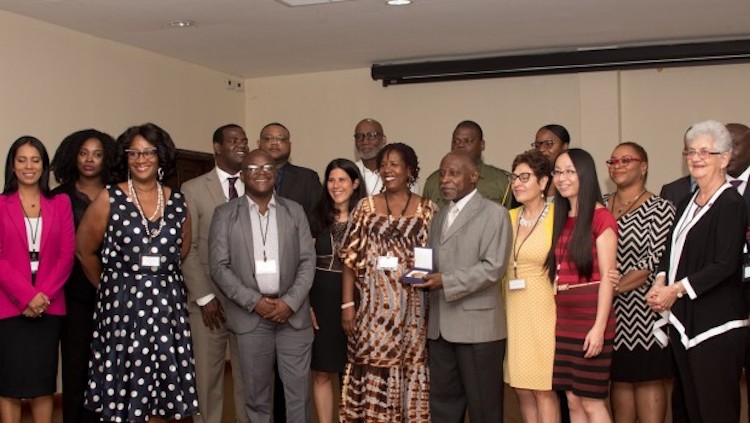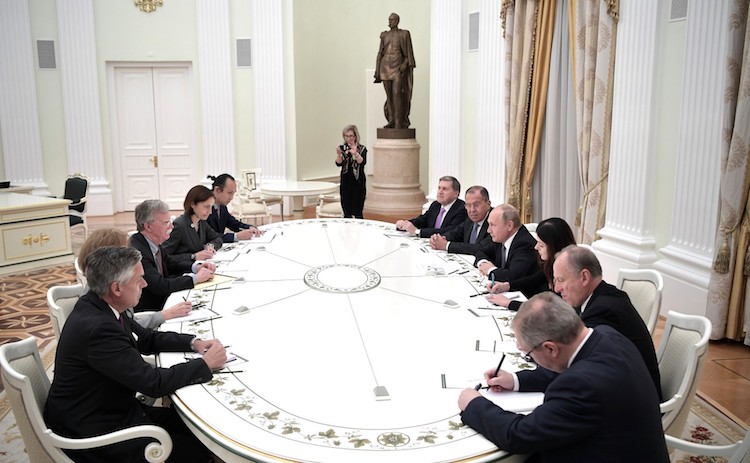By Bagymdat Atabaeva* NARYN, Kyrgyzstan (IDN) – Turganbay Abdulbhakhidov is a 16-year-old teenager from Afghanistan who immigrated into Naryn region two years ago. His family used to make a living through cattle breeding in the Pamir mountains. Without electricity, proper medical services, educational institutions, and sustainable housing, these people live on the roof top of […]
New Report Warns of Resurfacing Nuclear Risks
By Jaya Ramachandran NEW YORK (IDN) – In the run-up to the 50th anniversary of the Nuclear Nonproliferation Treaty (NPT) in 2020, arms control experts have warned that “the risk of nuclear use is increasing and … critical nonproliferation and disarmament norms are eroding”. Assessing Progress on Nuclear Nonproliferation and Disarmament in 2016-2019, the Arms […]
Standoff in Kyrgyzstan After Parliament Strips A Powerful Ex-President of Immunity
By Kamila Eshaliyeva* | Open Democracy BISHKEK (IDN-INPS) – At the end of June 2019, Kyrgyz MPs removed former president Almazbek Atambayev’s immunity from prosecution by 103 votes out of a possible 109. Parliament’s decision is based on a new law signed by current President Sooronbay Jeenbekov, which provides a mechanism for removing immunity from […]
The Liberal Order Needs to Be Profoundly Reformed
Viewpoint by Jonathan Power LUND, Sweden (IDN-INPS) – The attack on “the liberal idea” by Vladimir Putin in his long interview in the Financial Times at the end of June is still vibrating in my mind. First, I’d like to know if the Russian people share his views on immigration. In Britain and the U.S., […]
Significant Work Awaits US Cities to Achieve SDGs
By Caroline Mwanga with SDSN News NEW YORK (IDN) – The 2019 US Cities Sustainable Development Report by the Sustainable Development Solutions Network’s United States Network (SDSN USA) finds that there will be significant work to do across the board if the UN’s Sustainable Development Goals for 2030 (SDGs) are to be achieved by 2030. […]
World Parliamentarians Look Forward to Fruitful Cooperation
By Kester Kenn Klomegah MOSCOW (IDN) – Parliamentarians from the United States, Europe, Latin America, Asia and Africa gathered here for a three-day international forum at the initiative of the State Duma, the lower house of the Federal Assembly of Russia, to discuss the development of international parliamentarism and the most pressing national, regional and […]
What After the Trump-Kim Meeting at the Demilitarized Zone?
Viewpoint by Kelsey Davenport The author is director for nonproliferation policy at the Arms Control Association. This article is being reproduced from the Association’s Website. WASHINGTON, DC (IDN| INPS) – U.S. President Donald Trump and North Korean Leader Kim Jong Un met at the demilitarized zone (DMZ) separating North and South Korea June 30 and […]
Caribbean States Vow to Facilitate Swift Entry into Force of Nuclear Ban Treaty
By Jaya Ramachandran GENEVA (IDN) –Seventy countries have signed and 23 ratified the Treaty on the Prohibition of Nuclear Weapons (TPNW) since it was opened for signature at the UN headquarters in New York on September 20, 2017, nearly two-and-a-half months after it was adopted by 122 states. The Treaty will enter into legal force […]
Trump Should Beware of Bolton’s Bid to Sabotage START
By Daryl G. Kimball This analysis by Daryl G. Kimball, Executive Director of the Arms Control Association (ACA) first appeared on June 28, 2019 in ArmsControl.org WASHINGTON, DC (IDN-INPS) – Last year, President Donald Trump told reporters that he wanted to work with Russian President Vladimir Putin “to discuss the arms race, which is getting […]
Trump’s Pick for UN in Geneva Opposed to Reproductive Rights
By Stéphanie Fillion, Passblue MONTREAL (IDN) – “I am pro-life, I believe that all human life is sacred, and that human life begins at conception,” Andrew Bremberg told members of the Senate Foreign Relations Committee recently. Asked if rape victims should have access to abortion, he replied, “I don’t believe that abortion is a moral […]

